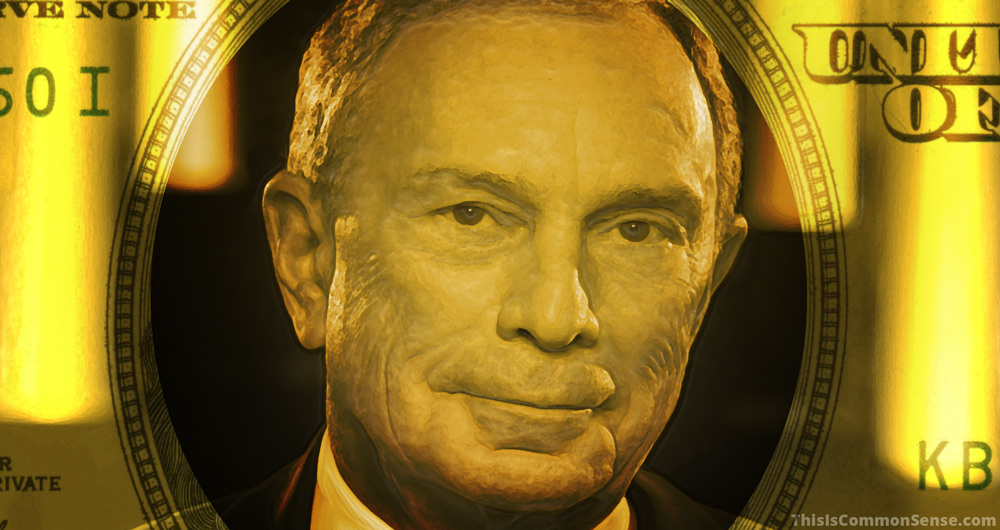“WOW, BLOOMBERG IS A TOTAL RACIST!” tweeted President Donald J. Trump.
He was reacting to a recording, recently unearthed, of Democratic presidential aspirant Michael Bloomberg speaking to the Aspen Institute in 2015 about his controversial “stop-and-frisk” police policy while mayor of New York City.
“Ninety-five percent of your murders, murderers and murder victims fit one M.O.,” Bloomberg told his audience. “You can just take the description, Xerox it and pass it out to all the cops. They are male, minorities, 16 to 25. . . . that’s where the real crime is.”
“And the way you get the guns out of the kids’ hands,” explained Mayor Mike, “is to throw them up against the wall and frisk them.”
Bloomberg has since apologized for targeting young male minorities to be regularly detained, searched, harassed and thrown into walls by police on the basis of nothing more than being young male minorities. Ultimately, a federal court struck down Bloomberg’s program as an unconstitutional mass violation of Fourth Amendment rights.
“We did it in New York, it worked incredibly well and you have to be proactive and, you know, you really help people sort of change their mind automatically,” Trump argued in 2016, floating a national roll-out and defending Bloomberg as “a very good mayor.”
Back in 2009, Mr. Bloomberg and Mr. Trump were together on something else: Bloomberg disregarding a campaign promise and defying two clear citywide referendums to run for a third mayor term.
“Well, I’m not a believer in term limits,” Trump said then, adding, “Michael is a friend of mine.”
Funny, asked about then-Sen. Hillary Clinton, Trump offered, “I think she’s a wonderful women,” but “she’s a little bit misunderstood.”
Not long after posting the racist-baiting tweet noted above, the president deleted it.
We understand.
This is Common Sense. I’m Paul Jacob.

—
See all recent commentary
(simplified and organized)








